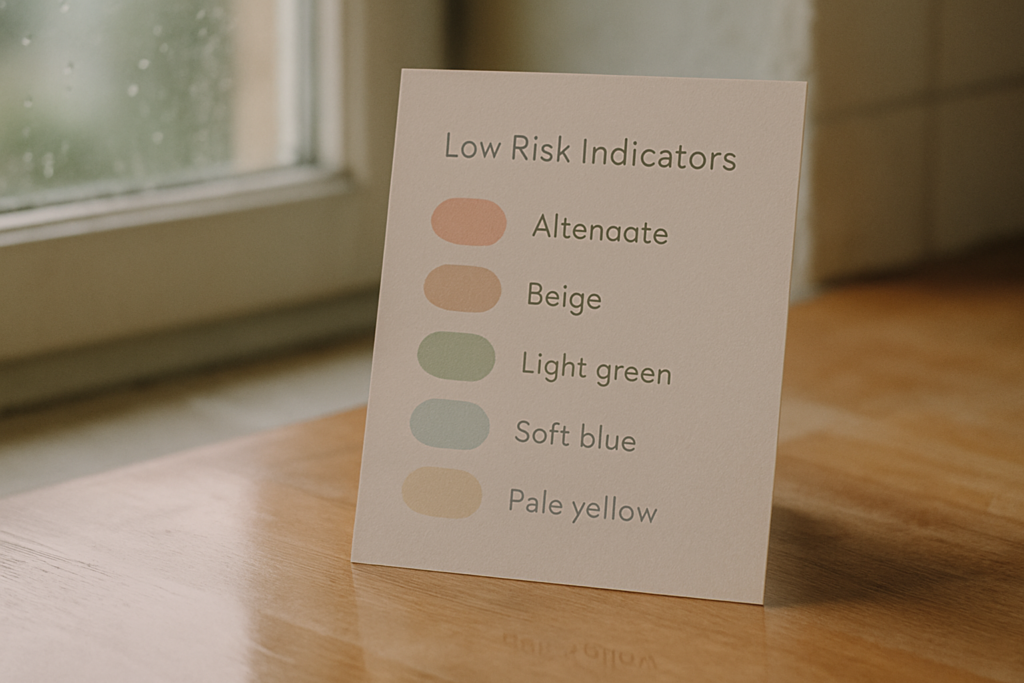Understanding Secure Bets
Secure bets provide a sense of confidence and control in the betting process. It’s important to understand that a secure bet doesn’t guarantee a win; instead, it reduces risk. By focusing on secure bets, I can make more informed decisions, minimizing potential losses.
Evaluating Odds
Evaluating odds is crucial for identifying secure bets. Odds represent the probability of an event occurring. Favorable odds indicate a higher likelihood of success. Understanding how to interpret odds helps me determine which bets offer a secure opportunity.
Researching Teams and Players
Thorough research on teams and players significantly impacts the security of a bet. By analyzing statistics, recent performances, and injuries, I can make well-rounded decisions. For example, knowing a star player is injured can alter the probable outcome and thus the security of a bet.
Utilizing Betting Tools
Betting tools, such as calculators and analytical software, provide valuable insights for making secure bets. These tools analyze vast amounts of data quickly, offering recommendations based on statistical probabilities. Leveraging these tools enhances my ability to find secure bets.
Setting a Budget
Budgeting is a fundamental aspect of secure betting. By allocating a specific amount for betting activities, I can avoid financial strain and maintain control over my wagering habits. Sticking to a budget ensures that even if a bet isn’t successful, it won’t lead to significant financial harm.
Diversifying Bets
Diversifying bets across different games or sports mitigates risk. Placing all bets on a single outcome increases potential losses if things don’t go as planned. Spreading bets allows me to benefit from wins in multiple areas, enhancing overall security.
By focusing on these strategies, I enhance the security of my bets and increase the likelihood of successful outcomes. Understanding secure bets involves knowing the odds, researching, using tools, budgeting, and diversifying. Adopting these practices helps create a more controlled and confident betting experience.
Researching Betting Markets
Thoroughly researching betting markets is essential for making secure bets. This process involves delving into historical data and studying market trends.
Analyzing Historical Data
I analyze past performance to identify patterns. Historical data can highlight consistent performers and underperformers. By examining a team or player’s past results, I assess their reliability. For instance, a football team with a strong home record often provides a more secure bet in home games. Similarly, a tennis player who consistently advances to the later stages of tournaments is a safer bet to win early-round matches.
Evaluating Market Trends
I keep an eye on market trends to stay updated. Betting markets shift based on various factors like player injuries, weather conditions, and public sentiment. Tracking these trends allows me to identify value bets. For instance, if public betting heavily favors one side, the odds may shift to offer better value on the less favored side. I also monitor how external factors like injuries or weather conditions might impact odds, ensuring I make informed decisions.
Managing Your Bankroll

Managing your bankroll ensures long-term success and minimizes risks. Let’s dive into critical aspects of bankroll management.
Setting a Budget
Setting a budget is essential for responsible betting. Allocate an amount you can afford to lose to avoid financial strain. Establish limits for daily, weekly, and monthly spending, ensuring you stick to them. For instance, allocate $100 weekly, breaking it into smaller betting units like $10 per bet. This approach controls spending and maximizes betting opportunities. Regularly reviewing your budget helps adjust your strategy based on your betting performance.
Tracking Your Bets
Tracking your bets provides insights into your betting patterns and success rates. Maintain a betting log recording each bet, the stake, odds, and outcome. For example, note a $10 bet on Team A at +150 and its result. Analyze this data to identify trends, such as which types of bets yield higher returns or where frequent losses occur. Adjust future bets based on this analysis, refining your approach to make more informed decisions. Utilize digital tools and apps for easy tracking and analysis. This discipline enhances your ability to manage your bankroll effectively.
Utilizing Betting Tools and Resources
Betting tools and resources can enhance your betting strategy and improve your chances of making secure bets. They provide valuable insights and data, giving you an edge in the betting market.
Betting Software
Betting software automates analysis tasks. These tools analyze vast amounts of data from previous games, player stats, and market trends to identify value bets. A popular example, Bet Angel, offers features like:
- market analysis
- live charts
- automated trading options
I use it to make informed decisions quickly. Another tool, RebelBetting, helps find arbitrage opportunities ensuring risk-free profits by exploiting different odds across bookmakers. These software programs save time and reduce the chances of human error.
Expert Analysis
Expert analysis adds another layer of insight. Analysts study team forms, player performance, and situational factors. Websites like BettingExpert and OLBG provide picks and tips from seasoned bettors. I follow these to get a second opinion and validate my own research. Consulting expert analysis helps refine my strategies and spot trends I might have missed. Subscribing to newsletters from reputable analysts can keep me up-to-date with the latest insights, giving me a competitive edge in the betting market.
Avoiding Common Pitfalls
Even seasoned bettors can fall into traps that hinder their success. Identifying and avoiding common pitfalls is key to maintaining a secure betting strategy.
Overconfidence
- Overconfidence often leads to mistakes in betting.
- When I feel overly confident, I might neglect thorough research, leading to uninformed bets.
- It’s essential to remember that no bet is a sure thing. Avoiding this pitfall involves continuously analyzing performance and verifying data.
- Using objective sources and trusted betting tools ensures that bias doesn’t cloud judgment.
Chasing Losses
Chasing losses is a major risk in betting. After a series of losses, the temptation to make bigger bets to recover can be strong. This approach often results in deeper losses instead of gains. I manage this by sticking to my budget and betting units. Maintaining a strict betting log helps me recognize patterns and avoid emotional decisions. Consistent review of past bets, aided by tracking apps, enables better decision-making and safeguarding of my bankroll.









